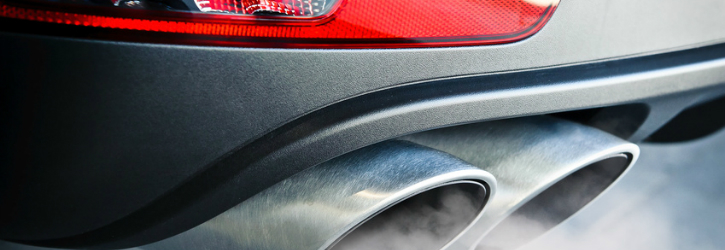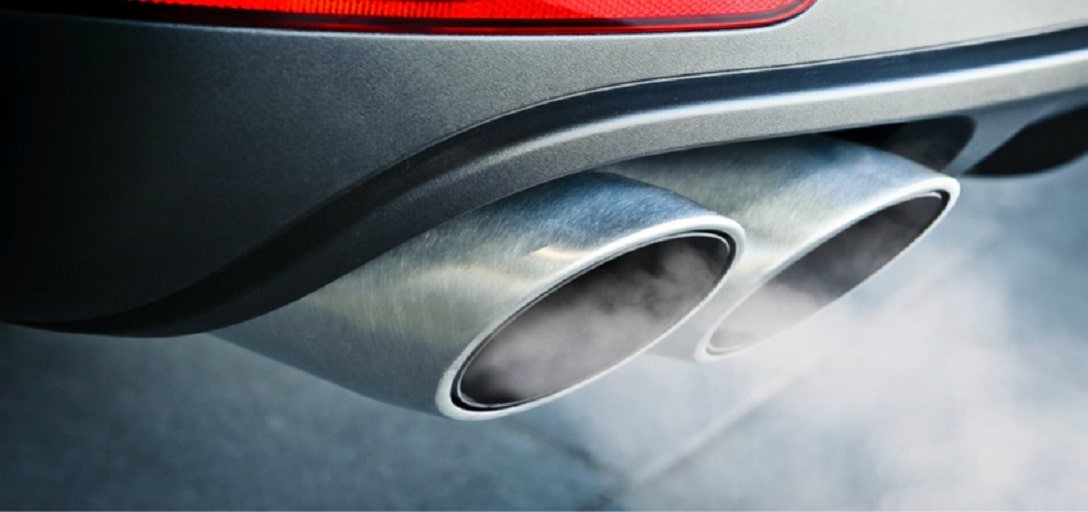
Current emission clients can log into their case by clicking on the button below...

If you’ve paid any attention to the news over the last few months, you might have heard about the VW emissions scandal, and how they cheated on emissions testing so that their cars looked like they produced less NOx than they actually did in the real world. What you probably don’t know is why this is actually an issue beyond just that of broken consumer trust.
We’re currently acting for thousands of individuals affected by the scandal and we wanted to highlight the importance of reducing NOx emissions and why you should, in our opinion, care about it!
NOx (or Nitrous Oxides) are one types of gases which released by car engines (and many other machines that use fossil fuels) during use, and it has a unique relationship with another gas known as VOCs (Volatile Organic Compounds) which are found both naturally, and in some commonly used substances (a household tin of paint, or thinner for example) when mixed with sunlight; or more specifically, UV rays. This combination causes a reaction, and the result is ground level ozone. The more NOx that is available in the environment, the more ozone that can be created through this process, especially on bright sunny days when there is a lot of UV energy.
If you’ve any interest in the environment, you may be thinking “but isn’t ozone a good thing?” – and you wouldn’t be entirely wrong. In the Stratosphere, ozone forms a barrier around the earth which protects us from much of the Sun’s UV rays, and if you heard about the hole in the ozone layer, this is the kind of “good ozone” which people were referring to.
As for the kind of ozone that forms at ground level, it isn’t good for us in any way. It may be good at absorbing UV, but the same characteristics that make it good at that job make it a bad thing to be breathing in.
People’s respiratory systems aren’t designed to keep ozone out very well, which means it can get into all the nooks and crannies of the deepest parts of your lungs, where it damages cells it comes into contact with. Your body reacts to this damage by trying to fight back and repair itself, and this can cause swelling and irritation (much like the raised area you get around a fresh cut).
This reaction can irritate people’s chests and throats, and is especially dangerous for the elderly, sufferers of respiratory diseases (such as Asthma and Bronchitis), and those exercising outdoors or anyone who works outdoors for a living.
And it isn’t just us humans that don’t appreciate ozone mixing in with the air we breathe – plants in your garden, local park and farmers crops all suffer from exposure to ozone too.
The reason for this is that ozone attacks the plant’s specialist cells which take in CO2 and water vapour, either by directly damaging them or by forcing them to close, denying the plant a large part of its required material to photosynthesise energy. People and plants aren’t even necessarily safe if they live away from the hustle and bustle of your nearest car, truck and bus crammed city or motorway, as NOx, VOCs and ozone are all able to travel great distances on the wind.
So now you know what all the fuss has been about, there is a reason we try and keep NOx emissions from vehicles low as because it affects many of us. And let’s be honest, you wouldn’t want to drink contaminated water or eat contaminated food, so why would you want to breathe in contaminated air?
If you are looking for representation for emissions problems related to Nissan Renault, Porsche and many others you can go to the following advice pages to find out more:

UK NISSAN RENAULT CONSUMERS MAY BE ELGIBLE FOR NO WIN, NO FEE COMPENSATION. CLICK NOW TO FIND OUT MORE.

PORSCHE INITIATED A RECALL IN EARLY 2019. FIND OUT NOW IF YOU ARE ELIGIBLE TO JOIN OUR DIESEL EMISSIONS ACTION.
A small selection of over 800 testimonials from happy clients.